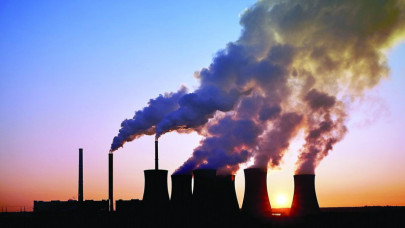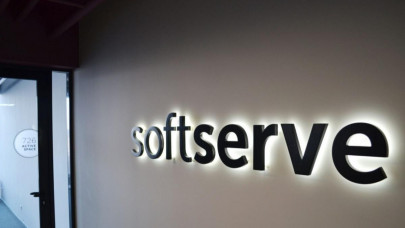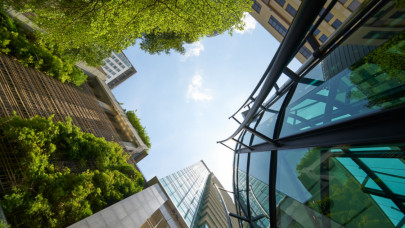MEPs successfully negotiated that electric charging pools for cars with a minimum 400 kW output will have to be deployed at least every 60 km along core TEN-T network routes by 2026, with the network's power output increasing to 600 kW by 2028. For trucks and buses, charging stations have to be provided every 120 km. These stations should be installed on half of the main EU roads by 2028 and with a 1400kW to 2800 kW power output depending on the road. EU countries have to ensure that hydrogen refueling stations along the core TEN-T network will be deployed at least every 200 km by 2031.
Users of alternative fuel vehicles will have to be able to pay easily at recharging points (with payment cards or contactless devices and without a need to have a subscription), while the price of these “fuels” will have to be displayed per kWh, kg or per minute/session. MEPs ensured that the Commission will set up an EU “database” on alternative fuels data by 2027 to provide consumers with information on the availability, waiting times, or price at different stations.
MEPs also adopted new rules on cleaner maritime fuels. During the negotiations with Council, they ensured that ships will have to gradually reduce greenhouse gas (GHG) emissions by cutting the amount of GHG in the energy they use (below 2020 level) by 2% as of 2025 to 80% as of 2050.
This would apply to ships above a gross tonnage of 5000, which are in principle responsible for 90% of CO2 emissions, and to all energy used on board in or between EU ports, as well as to 50% of the energy used on voyages where the departure or arrival port is outside of the EU or in EU outermost regions.
In order to significantly reduce air pollution in ports, containerships, and passenger ships will be obliged to use on-shore power supply for all electricity needs while moored at the quayside in major EU ports as of 2030. Thanks to MEPs, the new rules also set a 2% renewable fuels usage target as of 2034 if the Commission reports that in 2031 renewable fuels of non-biological origin (RFNBO) amount to less than 1% of the fuel mix.
“Using more sustainable, renewable, and efficient energy solutions in the transport sector will help reduce greenhouse gas emissions and air pollution, improve citizens' quality of life, and create new high-quality jobs. The new rules will also help to deploy more charging infrastructure and make it as easy to use as traditional petrol stations”, says Parliament's rapporteur on alternative fuels infrastructure Petar Vitanov (S&D, BG).
In adopting the new rules, Parliament is responding to citizens' expectations to improve existing transportation infrastructure from an ecological point of view and to promote environmentally friendly shipping, as expressed in Proposals 2(7) and 4(5) of the conclusions of the Conference on the Future of Europe.
“The new rules set out by far the world's most ambitious path to decarbonizing maritime transport. It targets 90 percent of maritime CO2 emissions while shielding the smallest ship-owners and ports from costs and administrative burdens. They make Europe the frontrunner in creating a demand for sustainable fuels and fostering innovation”, says Parliament's rapporteur on sustainable maritime fuels Jorgen Warborn (EPP, SE).
The new rules on alternative fuels infrastructure were adopted by 514 votes in favor, 52 votes against, and 74 abstentions, while the new rules on sustainable maritime fuels were backed by 555 votes to 48 and 25 abstentions. Once Council has approved both laws, the alternative fuels infrastructure rules will apply from six months after their entry into force, and the sustainable maritime fuels rules will apply as of 1 January 2025.













